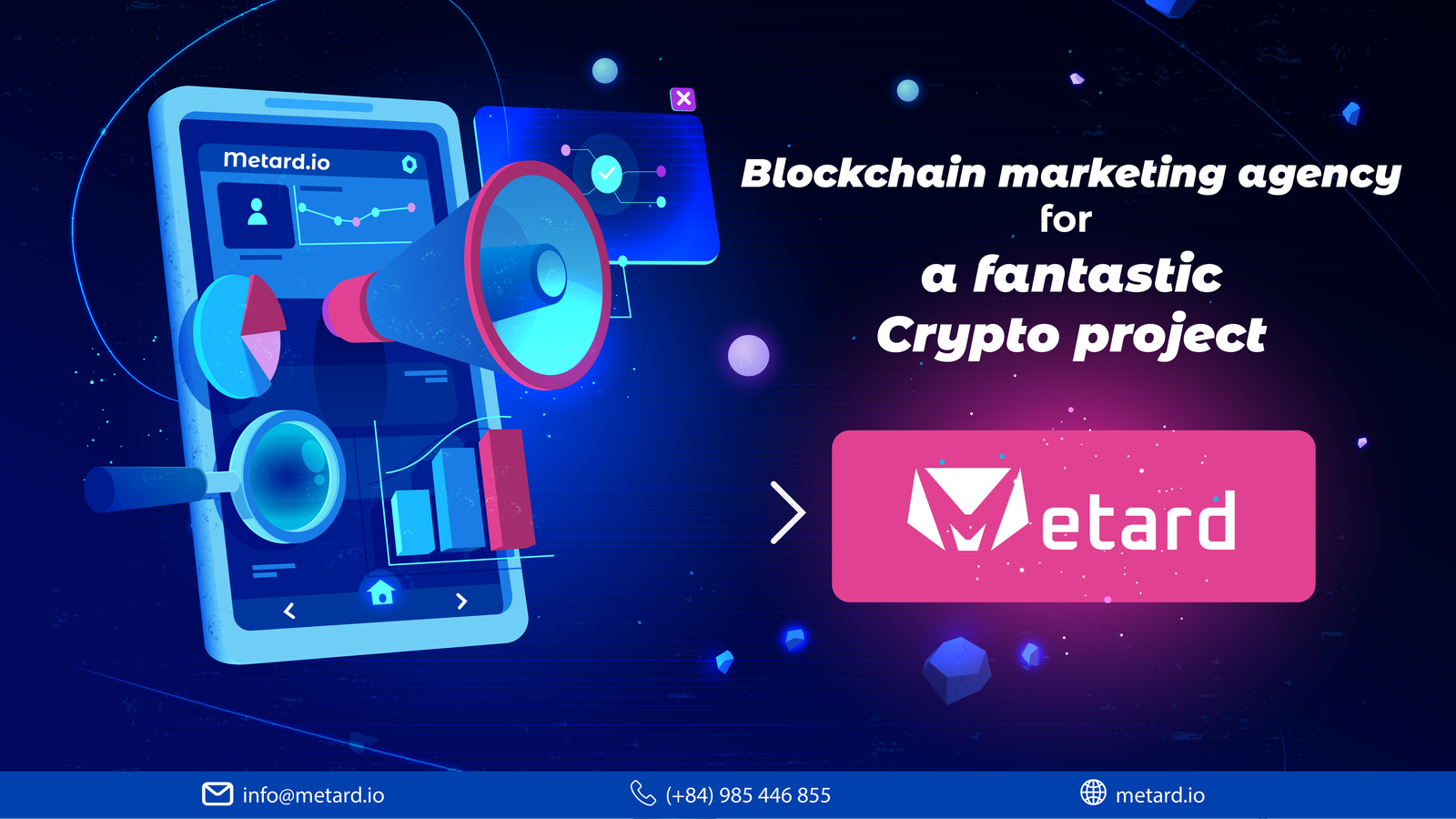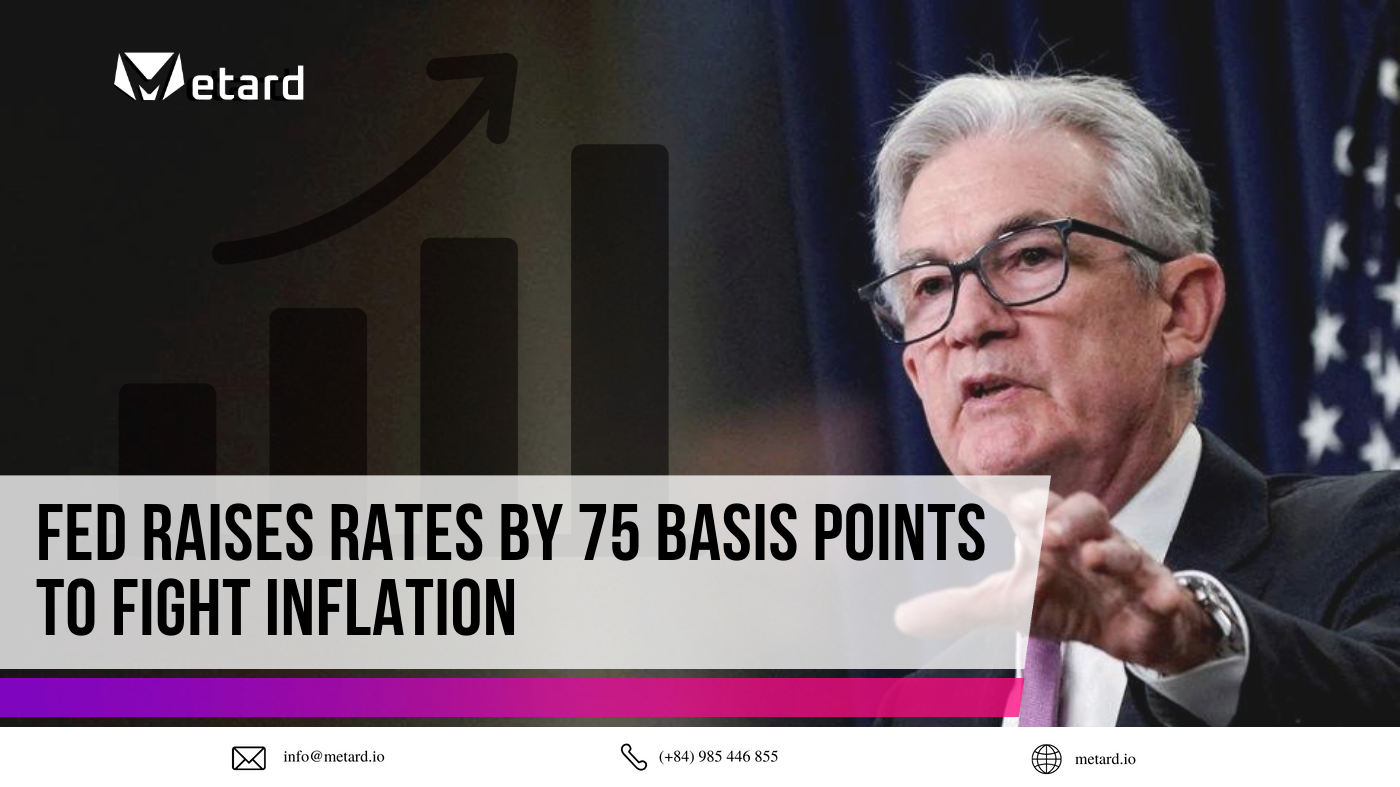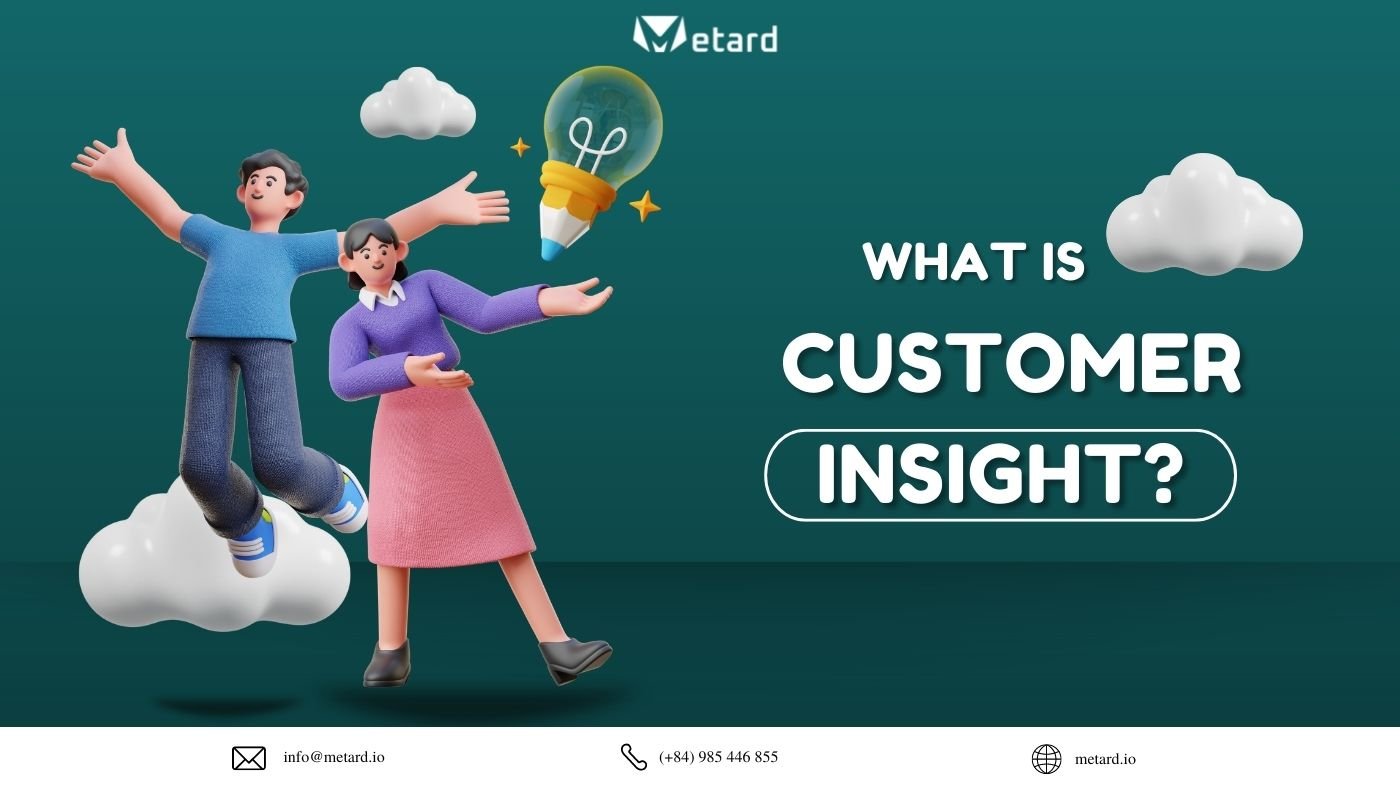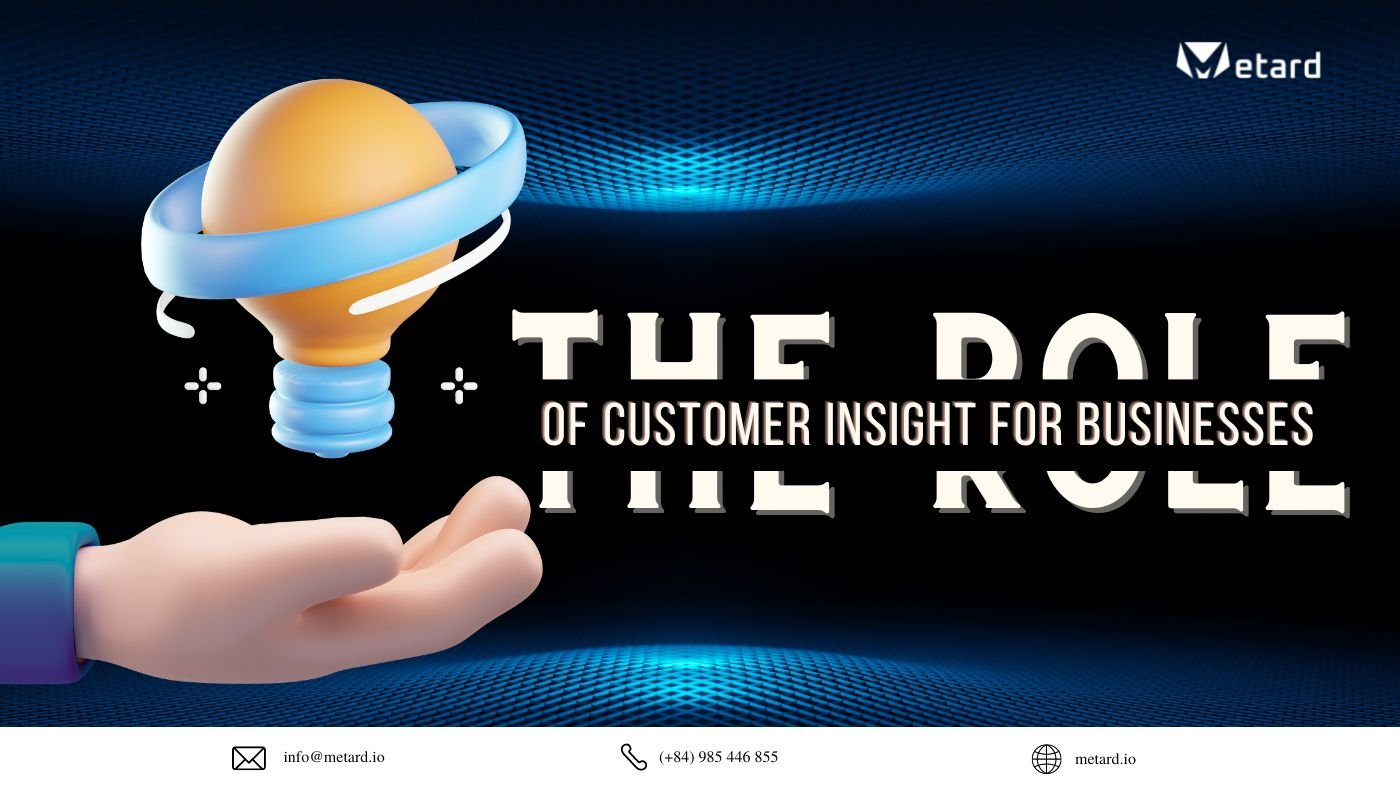A crypto project will not be able to build its reputation without the push that comes from smart marketing campaigns. Building a marketing team in crypto is essential in attracting new members to the project and spreading awareness in the community. Crypto marketing agencies are companies that can handle this element of the project, helping drive visibility and improve results – making them a great tool to use in today’s operating environment.
Blockchain technology will create success for marketing and advertising if it knows how to leverage the power and exploit this distributed data network. Here are 3 ways advertisers and marketers can apply blockchain technology to their marketing strategy to increase ROI, comply with changing regulations, and better target potential customers.

Fight against fraud in advertising
Marketers are struggling with 50-60% virtual click-through rates. They will be able to verify the identity of a real person on the other end of an ad, allowing for a more direct ROI calculation.
Marketers can combine Blockchain solutions and powerful onboarding processes to make ad click transparency, increase ROI, and reduce click fraud. Blockchain uses machine learning and device information such as IP addresses, algorithmic analysis of gameplay interactions, and proprietary techniques capable of capturing user and interaction signals. It all boils down to identifying and interpreting these signals so admins can prevent bots from generating fake impressions and conversions.
To verify that the data written to the Blockchain is not fraudulent, you need a rigorous data entry process to ensure the data is valid before it is written to the Blockchain.
Private
Privacy is a top concern for B2B companies trying to reach individuals within a business. Because laws such as the General Data Protection Regulation (GDPR) and many national privacy laws make it difficult for marketers to legally collect information to use for their purposes.
Smart contract (smart contract) is written in code on the Blockchain platform, has the ability to operate automatically and allows the parties to exchange services transparently without the need for an intermediary or an intermediary service. proof. As such, the Blockchain smart contract will include certain rights and privileges, such as where the data is allowed to be used, where the data cannot be used, where you can store it, etc. Then, the user opt-in directly to those selections, and data is collected according to agreed rules. Marketers will not have to worry about regulations on transactions related to privacy
Customer identity
Blockchain allows buyers and sellers to connect more directly. One of the challenges in the B2B landscape is forcing individual buyers to come to the company they work for, so B2B businesses can interact more directly with these key customers.
Marketers can begin to identify individuals using a public key on the Blockchain. This key can then be used along with a unique business identifier to track potential customers and their buying behavior. This allows B2B companies to track a person in the context of their business so that actions for that account can be easily traced.








